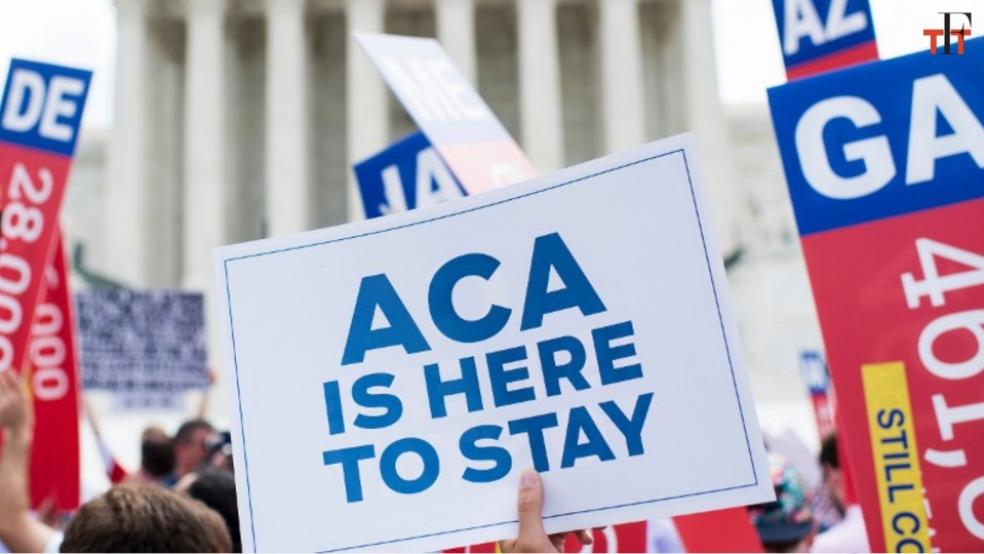The Affordable Care Act has made it possible for millions of people to get health care coverage, but there are plenty of problems with the system it created, including rising costs and the loss of insurers in some local markets. As Congress prepares to once again address health care reform this fall, Julie Rovner of Kaiser Health News highlights five “out-of-the-box” ideas that could help improve how the individual market operates:
1. Allow people into Medicare starting at age 55. A controversial move that some see as a step toward a single-payer system, moving millions of Americans over age 55 into Medicare would lower the average age in the remaining individual market risk pool, producing lower costs and lower premiums.
2. Allow people to “buy in” to Medicaid. As an alternative to expanding Medicare, offering a buy-in option for Medicaid could have a similar effect of lowering costs in the individual market by improving the risk pool, since Medicaid typically offers better coverage for people with disabilities than private insurance.
3. Get younger adults off their parents’ insurance. The Obamacare provision allowing young adults up to age 26 to stay on their parents’ health insurance plans has been quite popular, but it means that millions of healthy, low-cost patients are not part of the risk pool. Eliminating the rule would force them into the individual markets, reducing costs for everyone.
4. Require insurers who participate in other government programs to offer marketplace coverage. The federal government can use its enormous economic influence to push more insurers into the ACA marketplaces.
5. Let people use HSA contributions to pay health insurance premiums. This would allow policy-holders to use pre-tax dollars to pay their premiums, making coverage more affordable for a wider pool of participants.
As Kaiser Health News notes, all of these ideas are controversial, and none of them are guaranteed to work. But there’s a real need to make changes, and we may have a window of opportunity to make substantial improvements in the coming months.




